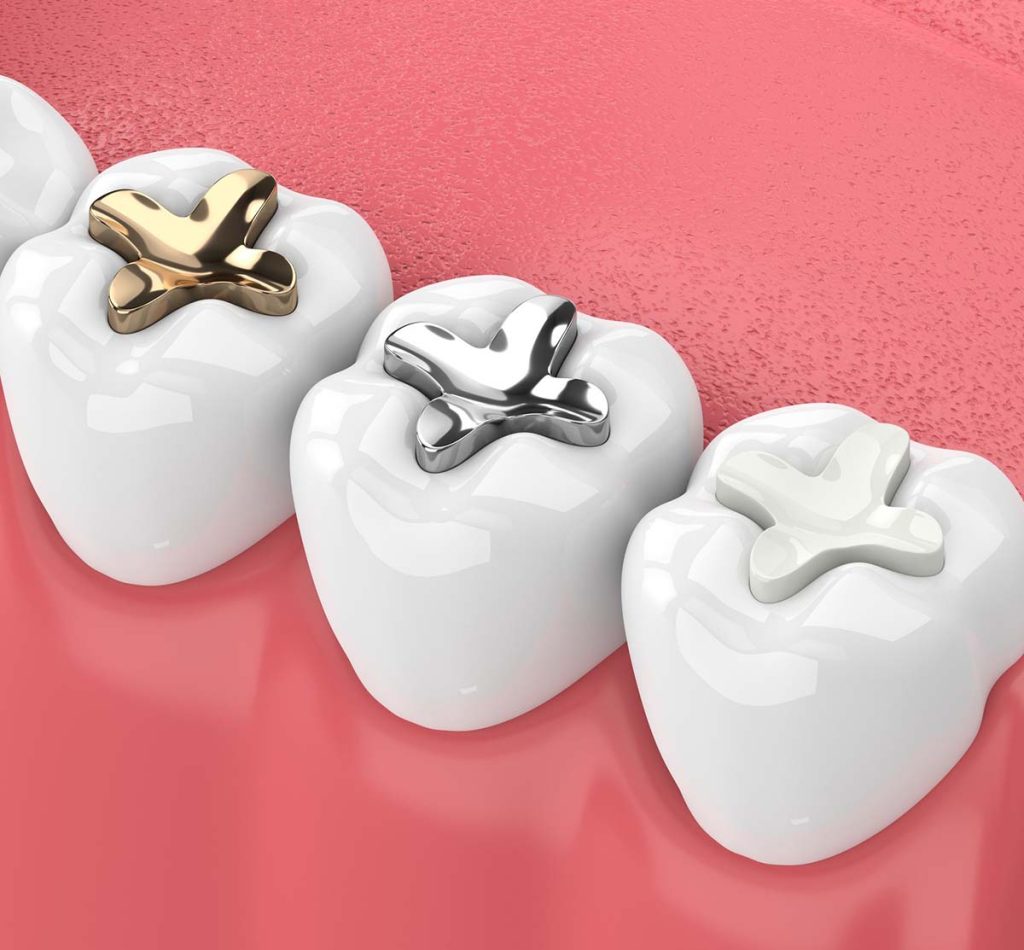Getting your cavities filled is crucial for your oral health and overall quality of life.
Maintaining good oral health is an essential aspect of overall well-being. One common issue that individuals often face is cavities, also known as dental caries. Cavities can develop due to poor oral hygiene, dietary habits, or genetic factors.
If you have a cavity, schedule your appointment today. Our team of experienced dentists and friendly staff members at The Dental Anesthesia Center are committed to creating a comfortable and welcoming environment for every patient.

Understanding Cavity Dental Care
Tooth cavities, also known as dental caries or decay, form due to a complex interplay between factors involving bacteria, diet, oral hygiene, and tooth structure. Effective cavity dental care involves a multifaceted approach to prevent, detect, and treat cavities. Regular and thorough oral hygiene practices, including brushing with fluoride toothpaste, flossing between teeth, and rinsing with an an†/tibacterial mouthwash, significantly reduce the accumulation of plaque and harmful bacteria that contribute to cavity formation.
If you or a loved one have developed a cavity, having it filled is crucial for various reasons. These include:
- Prevention of Further Decay – When left untreated, cavities can gradually worsen, affecting the affected tooth and neighboring teeth. The decay can spread to the tooth’s inner layers, potentially leading to infections, abscesses, and tooth loss. Getting your cavities filled promptly prevents the decay from progressing and causing more extensive damage.
- Pain Relief – Cavities can cause varying levels of discomfort, ranging from mild sensitivity to severe toothaches. The decay erodes the protective enamel layer, exposing the nerves within the tooth. This exposure can lead to heightened sensitivity to temperature and pressure changes, causing pain during eating, drinking, and speaking. Having your cavities filled can alleviate this discomfort and improve your overall quality of life.
- Restoration of Tooth Function – Cavities can compromise the structural integrity of a tooth, making it weaker and more prone to fractures. This can affect your ability to chew properly and alter your bite over time. By filling the cavity, a dentist restores the tooth’s original shape and strength, enabling you to use it for eating and speaking without any limitations.
- Prevention of Infections – As cavities progress, they can breach the tooth’s pulp chamber, which contains blood vessels and nerves. Bacteria can then enter this chamber, leading to infections. Dental infections can be painful and potentially dangerous if left untreated, as they can spread to other parts of the body. Filling the cavity helps seal off the affected area, preventing bacteria from causing further harm.
- Maintaining Aesthetics – Cavities often form in visible areas of the mouth, such as the front teeth. When left untreated, cavities can become larger, more noticeable, and discolored, impacting the appearance of your smile. Getting your cavities filled helps maintain the natural appearance of your teeth and prevents unsightly discoloration.
- Cost Savings – Many people avoid going to the dentist because of cost. However, addressing cavities early through filling is generally less expensive than letting them progress to the point where more extensive dental procedures are required, such as root canals or extractions. Regular dental check-ups and prompt cavity filling can save you money in the long run by preventing the need for complex and costly interventions.
The importance of getting your cavities filled cannot be overstated. From preventing further decay and infections to relieving pain and maintaining the aesthetics of your smile, cavity filling plays a pivotal role in preserving your oral health and overall well-being. Regular dental visits and good oral hygiene practices can help you catch cavities early and ensure that your smile remains bright and healthy for years to come. Remember, oral health is an investment in overall quality of life.

